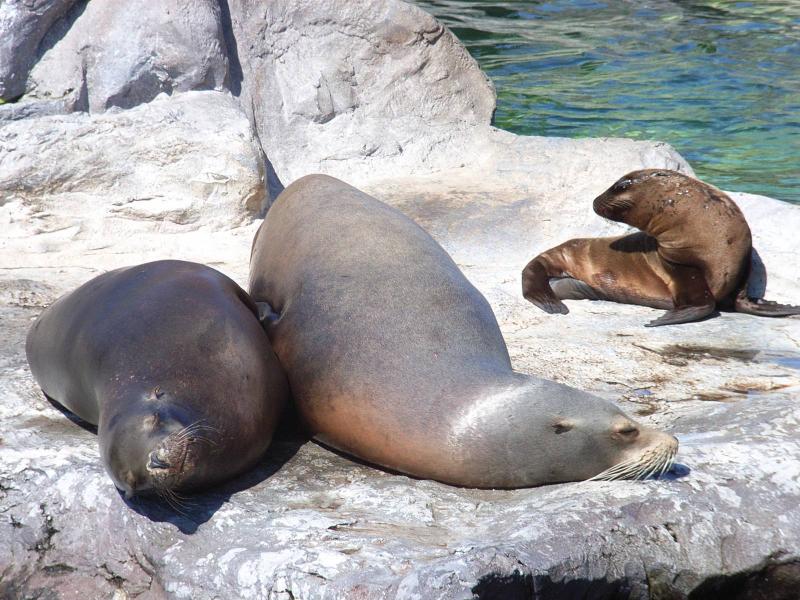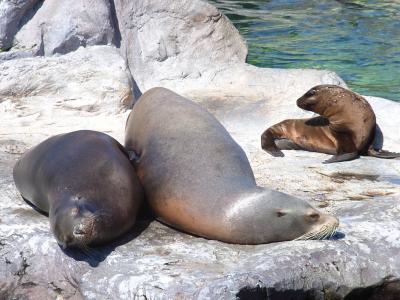Scientists fear that the rising death toll of sea lions may impact humans, as observed in California with increasing numbers of deaths among the native sea lions due to cancer. They state that the underlying cause is environmental toxins infiltrating their habitat.
However, this troubling trend is not limited to these marine mammals. Researchers from the Marine Mammal Center assert that if pollutants continue to fill California's ecosystem, it is only a matter of time before rates of viral cancer rise among humans as well. Notably, researchers reached these conclusions after over 20 years of research and examinations of nearly 400 sea lions afflicted with cancer. Cancer was first discovered in sea lions in 1979, and since then, 18-23% of all adult sea lions cared for by the Marine Mammal Center have died from it. This represents the highest mortality rate for any type of mammal due to cancer, including humans.
Dr. Padraig Duignan, the chief pathologist at the Marine Mammal Center and co-author of the study, states: "The findings of this study represent a significant milestone in unraveling the complex puzzle of cancer development in California sea lions, clearly showing that the ocean environment we all share is in serious trouble, and we need to find solutions to protect our collective health."
It is noteworthy that researchers are unsettled to report that local sea lions exhibit some of the highest recorded levels of certain persistent organic pollutants in their blubber. Dr. Duignan explains: "Although some of the pollutants we find in sea lion fat have not been used for years, these carcinogenic substances remain in the environment for too long and wreak havoc on coastal mammals like sea lions. What truly concerns me is knowing that we consume seafood very similar to the victims of this cancer, and the ocean is sounding the alarm loudly and clearly through the bodies of sick sea lions. We need to continue this critical research and collaborate with human cancer doctors to find patterns to help uncover the link between sea lions and ourselves."
Additionally, a previous research project discovered that cancer-stricken sea lions carry a type of herpes virus similar to the one that causes a form of viral cancer (Kaposi's sarcoma) in humans. This time, researchers employed complex statistical analyses to conduct a more comprehensive investigation into the causes of such severe cancers in marine animals. Ultimately, they found that cancer-afflicted sea lions had suffered some DNA damage due to several key factors such as environmental pollutants and tumor-enhancing viral infections like Otarine herpesvirus-1. Surprisingly, individual genes did not seem to have a significant impact in either case.




